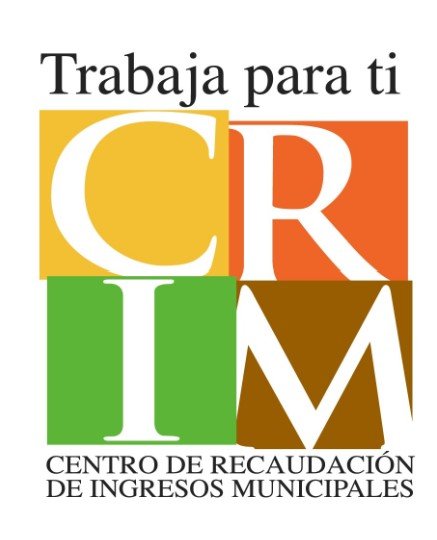CRIM, the property tax collecting agency in Puerto Rico.
Puerto Rico is a beautiful country with a rich cultural heritage and a thriving real estate market. However, owning property in Puerto Rico comes with its own unique set of challenges, including the need to pay property taxes twice a year to CRIM, the agency responsible for collecting property taxes for the municipalities.
CRIM, which stands for "Centro de Racecaudacion de Ingresos Municipales," translates to the Center for Municipal Revenue Collection Center in English. Property owners in Puerto Rico are required to pay their property tax payments in July and January each year.
When buying or selling property in Puerto Rico, it is crucial to register the deed at the Registrar's Office and file a change of ownership form with CRIM. These two agencies are both part of the government but operate independently from each other. This means that they don't always communicate, unlike in many US states where the deed is filed at the same location where properties are assessed, and taxes are collected. Therefore, it is important to ensure that these agencies are notified of any changes in ownership by the notary handling the closing process.
Despite being a government agency, CRIM is not as proactive as one might expect. While it is responsible for property tax collection, its focus is on collecting revenue from San Juan or federal grants. As a result, most properties in Puerto Rico have not been assessed in over 50 years, making property taxes very low compared to what owners are used to in other parts of the world. Additionally, there are no separate taxes for fire departments, police, or schools, as all of the budgeting for these services comes out of San Juan, rather than the municipalities.
However, property owners are still responsible for notifying CRIM of any changes to their property that could increase its value. For example, if you add an extension to your existing building, install a pool or tennis court, or make any other capital improvements, you need to notify CRIM upon completion. Although it may take years for an appraiser to visit and reassess the property, the property owner's responsibility is to notify CRIM of any changes. Failure to do so can result in fines if CRIM catches the improvement without prior notification.
In summary, owning property in Puerto Rico comes with the responsibility of paying property taxes twice a year to CRIM and notifying them of any changes that may increase the property's value. While CRIM may not be as proactive as some may expect, it is still important to ensure that all necessary steps are taken to comply with the regulations. By doing so, property owners can enjoy the beauty and richness of their piece of paradise.
